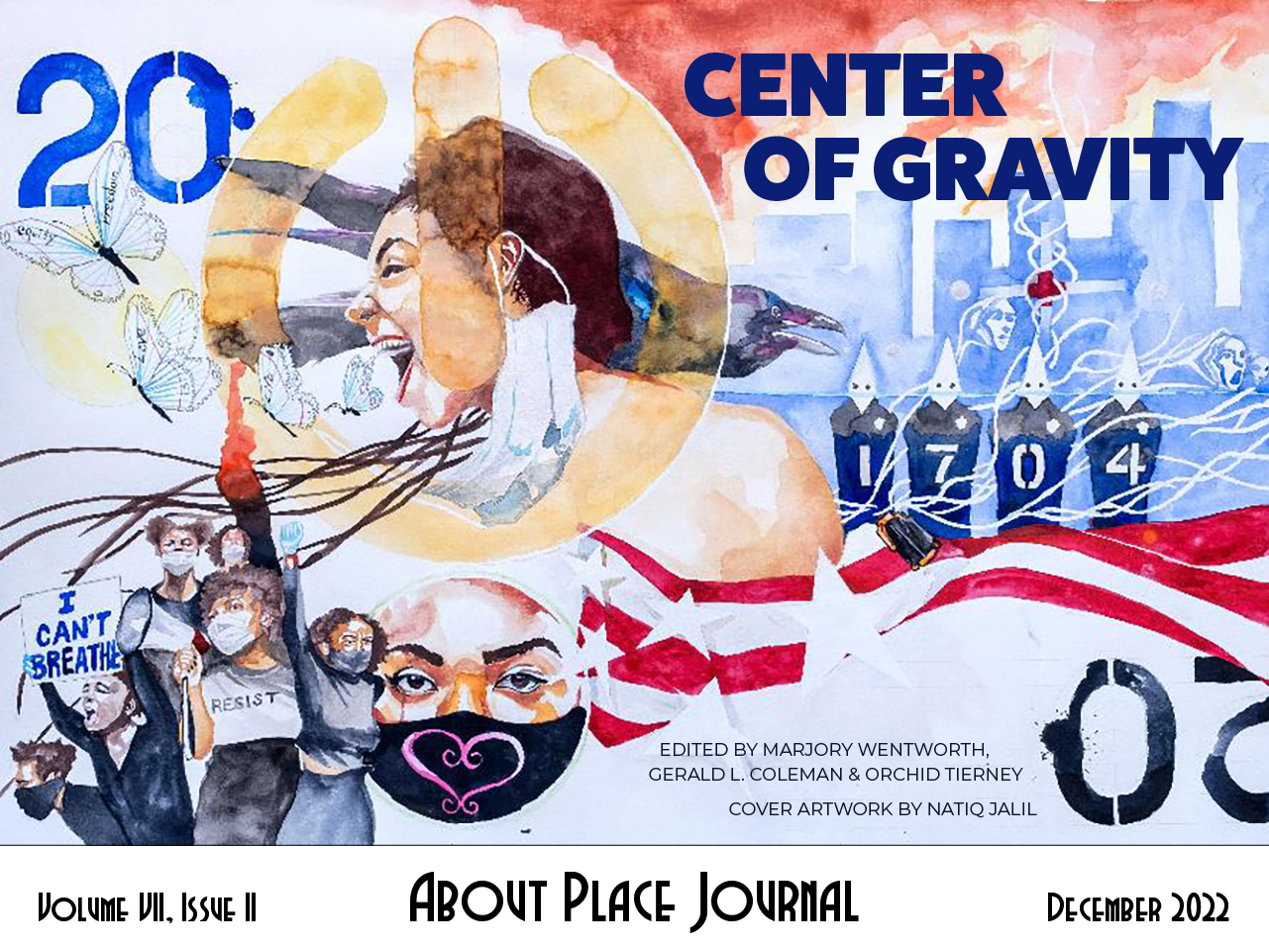So long as an educated minority, living off all previous generations, hardly guessed why life was so easy to live, so long as the majority, working day and night, did not quite realize why they received none of the fruits of their labour, both parties believed this to be the natural order of things, and the world of cannibalism could survive. People often take prejudice or habit for truth and in that case feel no discomfort: but if they once realize that their truth is nonsense, the game is up. From then onwards it is only by force that a [person] can be compelled to do what [they] consider[] to be absurd.”
~Alexander Herzen, From the Other Shore
The precise role of the artist, then, is to illuminate that darkness, blaze roads through that vast forest, so that we will not, in all our doing, lose sight of its purpose, which is, after all, to make the world a more human dwelling place.
~James Baldwin, The Creative Process
The center of gravity is resistance. This was our guiding principle as we put together this issue. We asked ourselves about the nature of justice and how artists and writers—creatives of all kinds—could respond in productive ways to the ongoing struggle for justice in our society and around the world. What was at the heart of that hopeful and critical endeavor? Resistance. But what does that look like in the hands or work of a creative? Surely, it has to be to create—to create with joy, hope, intention, connection, and determination in the face of injustice, to become a kind of celestial gravitational body, which though invisible to the naked eye, pulls all things into its inescapable, event horizon.
But what kind of creatives? Here the sublime, Iranian poet Forugh Farrokhzad is instructive: “I believe in being a poet in all moments of life. Being a poet means being human. I know some poets whose daily behavior has nothing to do with their poetry. In other words, they are only poets when they write poetry. Then it is finished and they turn into greedy, indulgent, oppressive, shortsighted, miserable, and envious people. Well, I cannot believe their poems.” So we sought the kind of creatives whose work Forugh Farrokhzad, and we, could believe in.
We commend this poetry, prose, and art to you, for your inspiration and edification, in the hopes that it will kindle in you a fire of resistance. As our call for submissions declared, we are as much in need of your shoulder, pressed to the wheel of the world, right now as much as our mother, fathers, and guardian kin—grandmothers and grandfathers, and other kith—were needed in decades past. The work to make the world a place of kindness, care, equity, and justice is still an exigent necessity. We hope the work in this issue shouts that reality from the mountaintops. We give you the Center of Gravity issue.
~Marjory Wentworth, Gerald L. Coleman, Orchid Tierney

